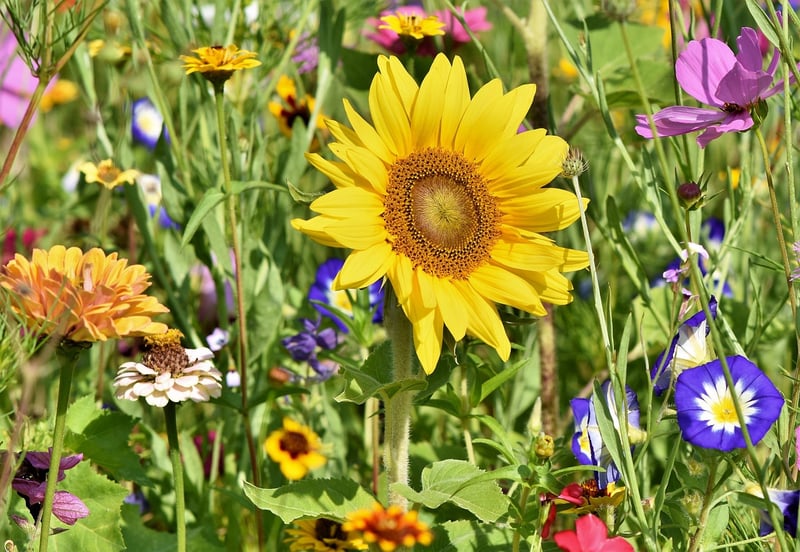Pest Control
Keeping Your Garden Healthy + Pest Control
Introduction
Welcome to our guide on keeping your garden healthy and effectively managing pests. A thriving garden requires care, attention, and pest control measures to ensure your plants grow beautifully and remain free from harmful insects.
1. Healthy Garden Practices
Healthy plants are more resilient to pests and diseases. Here are some tips to maintain a thriving garden:
- Ensure proper watering to avoid overwatering or underwatering.
- Provide adequate sunlight based on the plant's requirements.
- Use quality soil enriched with compost to promote plant growth.
- Regularly prune plants to encourage healthy growth and airflow.
- Rotate crops to prevent nutrient depletion in the soil.
2. Pest Control Measures
Despite our best efforts, pests can still find their way into the garden. Here are some eco-friendly pest control solutions:
- Introduce beneficial insects like ladybugs or praying mantises that prey on harmful pests.
- Use insecticidal soaps or neem oil to deter common garden pests.
- Handpick larger pests like caterpillars or beetles off plants.
- Apply diatomaceous earth as a natural pesticide for crawling insects.
- Set up physical barriers like row covers to protect plants from pests.
3. Companion Planting
Companion planting involves growing certain plants together to benefit each other. Here are some examples:
- Plant marigolds to deter nematodes and attract beneficial insects.
- Grow basil near tomatoes to improve flavor and repel pests.
- Pair beans with corn to enhance growth and deter pests.
Conclusion
Maintaining a healthy garden and implementing pest control strategies go hand in hand to ensure your plants thrive. By following these tips and being proactive in your garden care, you can enjoy a beautiful and pest-free outdoor space.

For more information on gardening tips and pest control, visit Gardening Website.
